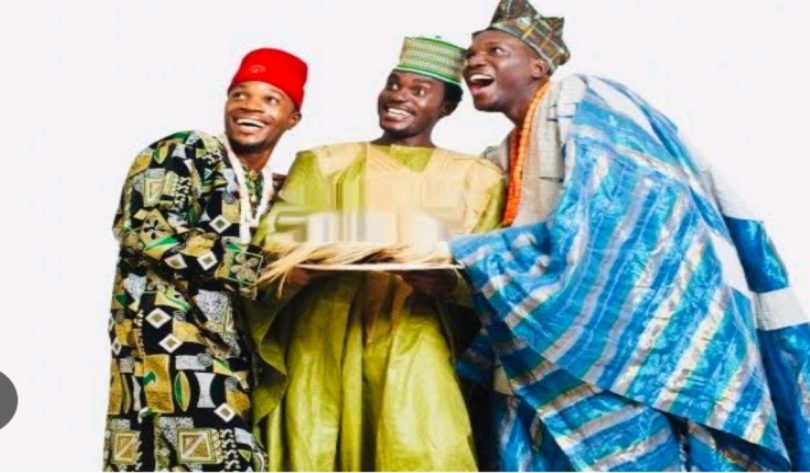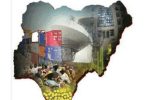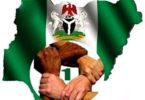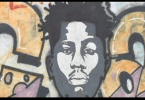Nigeria is indeed a blessed nation, a giant in its own right. Notwithstanding the internal squabbles between distinct ethnic and religious groups who historically, were brought together to form the geographical entity called Nigeria. Beyond all doubt, the cultural heritage of Nigeria is rich and diverse, with centuries of ancient history to back it.
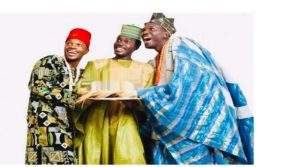

All put together, the history and cultural heritage of Nigeria contributes to how Nigeria as an entity has turned out today. The historical interactions and conflicts between these ethnic groups have had a profound influence on the evolving socio-political and economic life of the nation.
The Cultural Heritage of Nigeria: A Few Basic Facts
Nigeria comprises over 250 distinct ethnic groups, and over 500 indigenous languages. Ancient records of Nigeria’s history also date back to at least some hundreds of years. At least 25 centuries of the rich cultural heritage of Nigeria is available in written form – sourced from different ethnic groups. There are also archeological findings that show evidences of ancient human dwellings here and there (that date back to some thousands of years).
Some of these ethnic groups established great civilizations in the past. And their influences on Nigerian society and politics are still strongly felt today. The Oyo-Yoruba empire, the Bini kingdom, the Kanem-Bornu empire, and the Hausa-Fulani states are notable ones. However, ethnic groups of the Middle Belt, the Niger Delta tribes, South-South and South-East tribal groups (Igbo people) also have unique stories to tell. Especially about their origins as nation-states. The high level of cohesion within each ethnic group (especially the major ones) has been so strong. Up till now, they do not conform with the nationalist ideology. The divisive tribalistic actions of the political elite do not help matters either.
On the brighter side, Nigeria is abundantly blessed with many significant human and natural resources. And the largest black nation on the Earth is considered a regional and global force that should not be ignored.
Exploring the Major Ethnic Groups that Comprise The Rich Cultural Heritage of Nigeria
The three most prominent and largest ethnic groups in Nigeria are the Igbo, Hausa-Fulani, and Yoruba ethnic groups.
Igbo Ethnic Group
At least 20 million strong, the Igbo people comprise about 17% of the Nigerian population. They are mostly found in the South-East region of the country. Being hardworking, merchants and travelers at heart, Igbo people can be found in practically every nation on the Earth today. They also reside all over the Nigerian landscape and West Africa in large numbers. They are primarily concentrated in Anambra, Imo, Ebonyi, Abia, and Enugu states (with a sizable number of them in Edo, Delta and Rivers states).
It is strongly believed that the Igbo people originally came from an area roughly 100 miles towards the north of their present location. And that in ancient times, there were close connections between the Igbos and surrounding tribes such as the Yorubas, Binis, Idoma, and Igala people up to around six thousand years ago.
The vast majority of them practice Christianity in the modern day. Nevertheless they have deep respect for culture and traditions. Their traditional religion is anchored on the existence of an Almighty Creator (Chineke), the Earth goddess (Ala), and a host of lesser supporting deities and ancestral spirits.
The Hausa-Fulani Ethnic Group
The Hausa and Fulani are two ethnic groups with intertwined histories and way of life. They occupy the northern part of Nigeria, and are reputed to be the largest ethnic group in the nation (with over 20 million people). They are mostly concentrated in Sokoto, Kano and Katsina states.
It happened that the nomadic Fulanis were settlers that conquered the already established Hausa states under the leadership of the renowned Usman Dan Fodio. The Fulani subsequently reorganized the Hausa city-states, tradition and religion; and also brought Islam into the Hausa nation.
The nomadic Fulani are cattle rearers with the reputation of traveling far and wide, who settle in other lands and quickly learn the host communities’ language. Thus they are found all over West Africa. On the other hand, Hausa people are exceptional traders who are eager to travel to other lands as well. And they establish distinct cultural trading centers in each host community. They appoint their own religious and cultural rulers, with the majority of them openly practicing Islam.
Yoruba Ethnic Group
The Yoruba people occupy the southwestern region of Nigeria, particularly the states of Ogun, Oyo, Osun, Lagos, Ekiti, Ondo, and Kwara. There are roughly 20 million of them as we speak. We can find some Yorubas in other West African nations, especially Benin and Togo.
Yoruba people were believed to have migrated from somewhere in the east, around the lower Niger river about a thousand years ago. They have settled in the southwest of Nigeria for several centuries now. Yoruba people are acclaimed to be the most urbanized ethnic group before the British colonization. They were formed into well-organized towns and kingdoms, each ruled by an Oba (or Baale). The most prominent and powerful of these kingdoms in ancient times was the Oyo empire. Oyo dialect was adopted as the official Yoruba language over the centuries, without compromising the various other dialects still in use today. The Yoruba people also believe in the town of Ile-Ife as their ancestral home and the origin of creation (according to traditional mythology).
The kingdom of Oyo and its neighboring Yoruba towns suffered a decline due to inter-tribal wars, and the subsequent invasion by the Dahomey and Fulani. But the traditional rulership institutions are still in existence, albeit in a weaker form.


